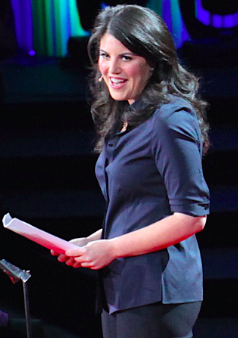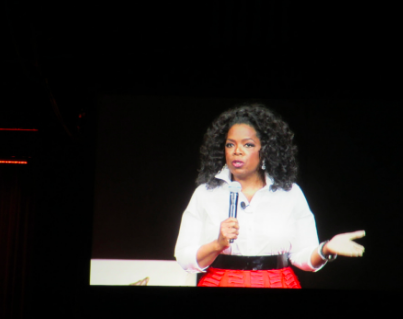Public Speaking is a vital skill for anyone looking to climb the career ladder, master their relationships, and really just come across as a confident, put together individual. For me, public speaking is the way that we communicate to more than one person at a time. Whether it is at a wedding, a proposal, at work, even the way we communicate to a group of friends can sometimes be considered public speaking. This can be a daunting and a fear-inducing task for most people, but I want to try and help make it seem as easy and comfortable as making toast in the morning.
Here are some quick tips to perfect your art of speech!
1. Your audience wants you to succeed!

Unless you’re about to do a pitch on Dragon’s Den (in which case give me a call so we can get you prepared!) it is human nature to support any person when they are delivering a presentation. We are all rooting for you. Don’t think of your audience as judgmental and critical, because 9 out of 10 times they are an audience that is there to hear you and an audience that wants you to do your best. Some say imagine the audience in their underwear, I say, imagine the audience as a group of your closest friends, a group that will support you no matter what. Once you have stress out of the way, you’re going to find that you deliver your best and most comfortable speeches.
2. Start with a bang!

I don’t care if you’re doing a wedding speech, a book report, or if you’re the first one to speak at an office meeting. The first impression in public speaking is so important because it’s going to set the tone, you’re going to feel great if you nail that opening, and your audience is going to be primed for an excellent presentation if you start out on the right foot. Starting with a bang basically means that you start off with something unique. NEVER say good morning or good afternoon or Hi, my name is Sarah. Start off with a quote, a question, a joke, or anything that matches your personality and matches the tone of the presentation.
3. Know your audience.

I’ve delivered speeches to captive audiences and delivered speeches to intoxicated audiences – 13 year olds and 60 year olds. I can tell you that my approach differs depending on my audience. When giving a speech or presentation, try to find out as much about your audience and the setting as possible. Are you speaking in a large room? Will you have a microphone? How much time have you been allotted? Are you the only person speaking or are you speaker number 10 out of 20? These questions will change the tone of your speech. By knowing your audience you can write catered speeches and also have a greater sense of confidence by knowing exactly what you’re going into.
4. Be prepared

Being prepared means something different for every type of speaker. For some that means a fully written out speech, for others it means bullet points on a cue cards, it might mean nightly rehearsals, it might mean not over practicing. We all have different styles of memorization, delivery and what makes us comfortable will differ from person to person. When I am preparing, I like to have my main points written out on cue cards, this gives me a sense of structure but also gives me the freedom to move between my points. With that said, I have seen brilliant speakers that speak off the cuff and excellent presenters that memorize a word for word speech. Try out the different methods and see what works best for you.



